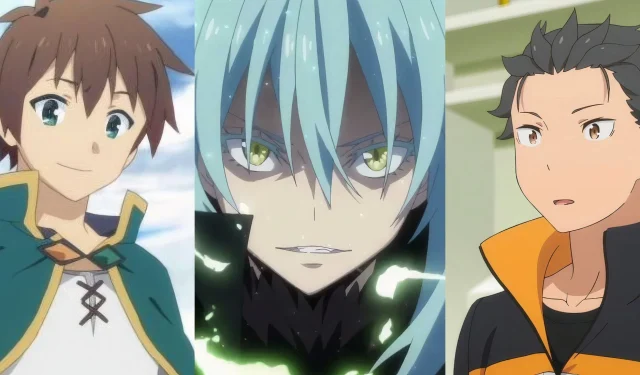
Key Insights on Frustrating Isekai Protagonists
- Isekai protagonists often display annoying traits, leading to moments of viewer discomfort.
- Characters like Kirito from Sword Art Online can come off as uninteresting due to being overwhelmingly powerful.
- Morally ambiguous leads such as Ainz Ooal Gown from Overlord can frustrate fans as they slip into villainy.
The isekai genre has surged in popularity over the past few years, propelled by blockbuster series like Sword Art Online. This boom in production has resulted in a growing number of isekai anime, which, while exciting, can sometimes lead to a feeling of sameness among various titles.
At the heart of the genre, the out-of-place protagonists provide a unique angle, yet they can be aggravating to watch. Viewers often find themselves enjoying the anime but cringing at their main character’s misguided choices and deeply flawed personalities. Below are notable isekai protagonists who, despite the quality of their series, sometimes get under the skin of the audience.
1. Rimuru Tempest – That Time I Got Reincarnated As A Slime
A Lovable Yet Naive Slime
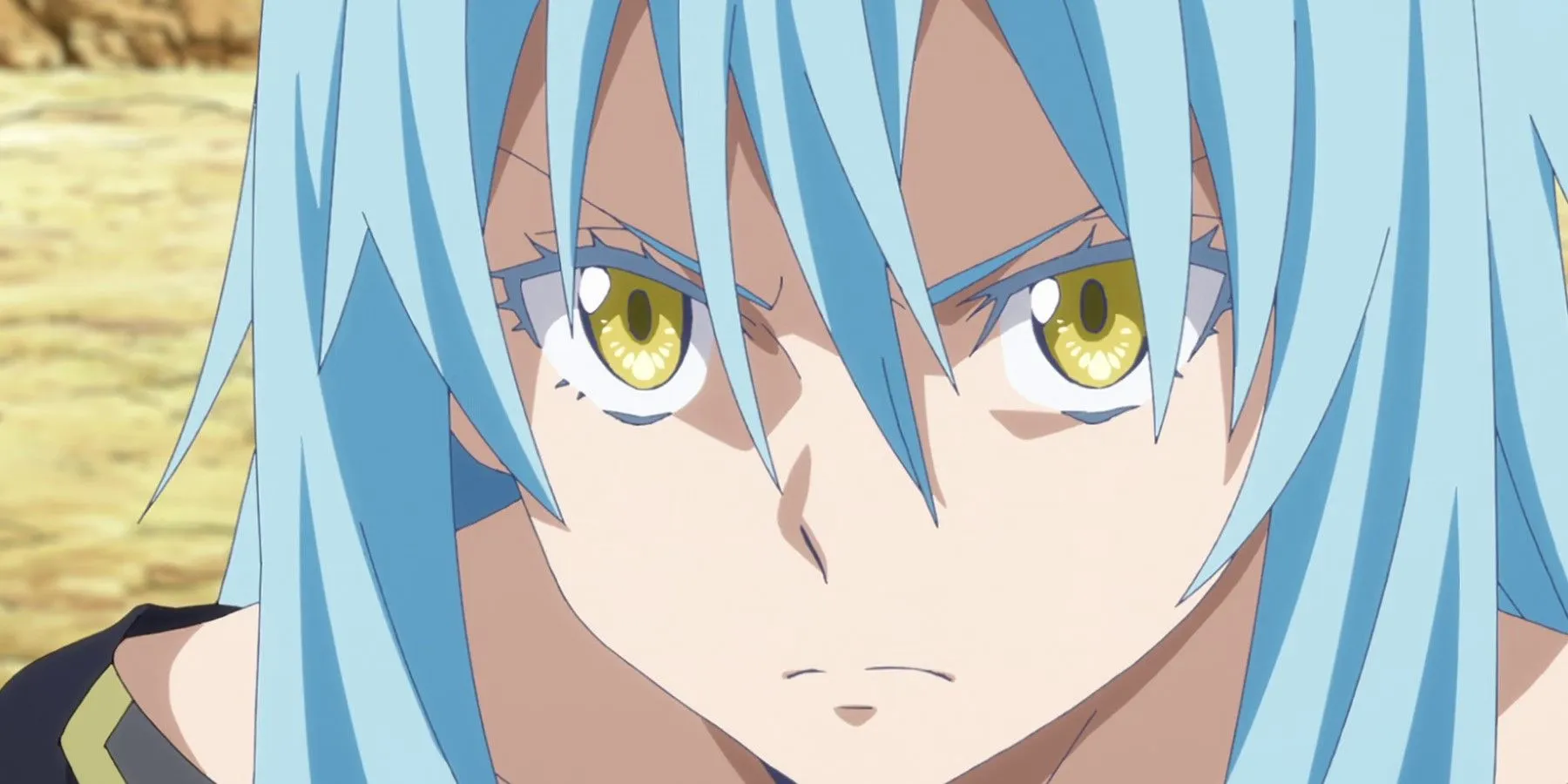
That Time I Got Reincarnated As A Slime gained immense popularity after its 2018 debut, primarily due to its charming protagonist, Rimuru. The series excels in kingdom-building narratives, showcasing Rimuru’s evolution from an ordinary human to a slime monster and eventually the ruler of his own domain, growing into a Demon Lord in the process.
However, some traits can make Rimuru challenging to watch. Initially, he exhibits inappropriate behavior, often objectifying female characters, and his overly forgiving nature can lead to problematic scenarios as former enemies frequently join his side. While his occasional displays of strength can be impressive, they can also be troubling, exemplified by his extreme response during a battle that resulted in many casualties.
2. Kazuma Satou – Konosuba: God’s Blessing On This Wonderful World!
The Antithesis of a Traditional Hero
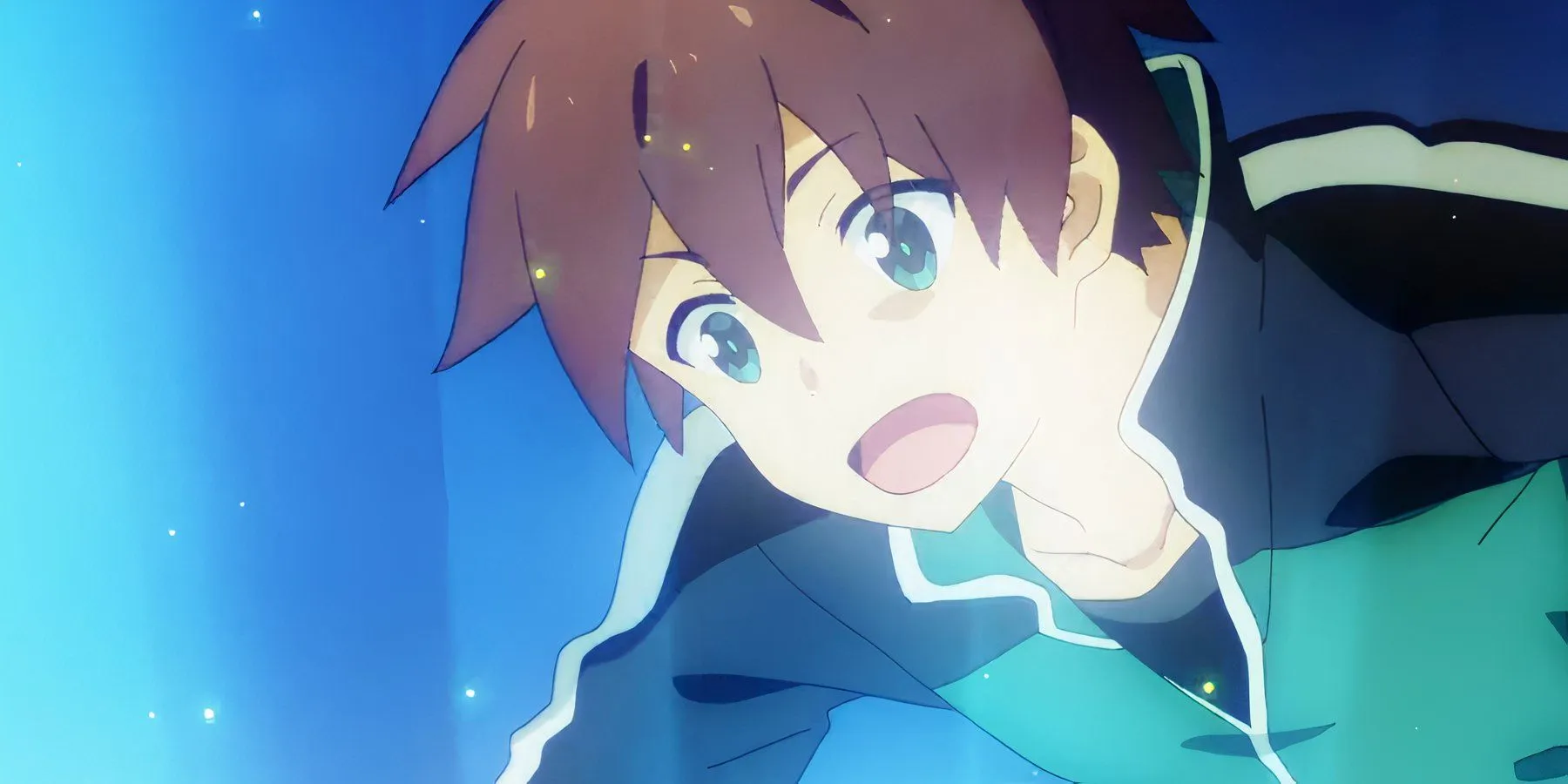
With a fresh take on isekai tropes, Kazuma Satou is crafted as a self-serving, cowardly, and often morally questionable character that strays far from conventional hero archetypes. While this subversion delivers engaging comedic moments, it can quickly veer toward frustration, especially when Kazuma consistently displays his self-centered tendencies.
Most of Kazuma’s antics are themed around humor; still, his lack of character development sticks out, as he often returns to his petty nature. His journey sees minimal growth until the third season, where he begrudgingly starts to care for his teammates.
3. Subaru Natsuki – Re:Zero
Frustrating But Relatable
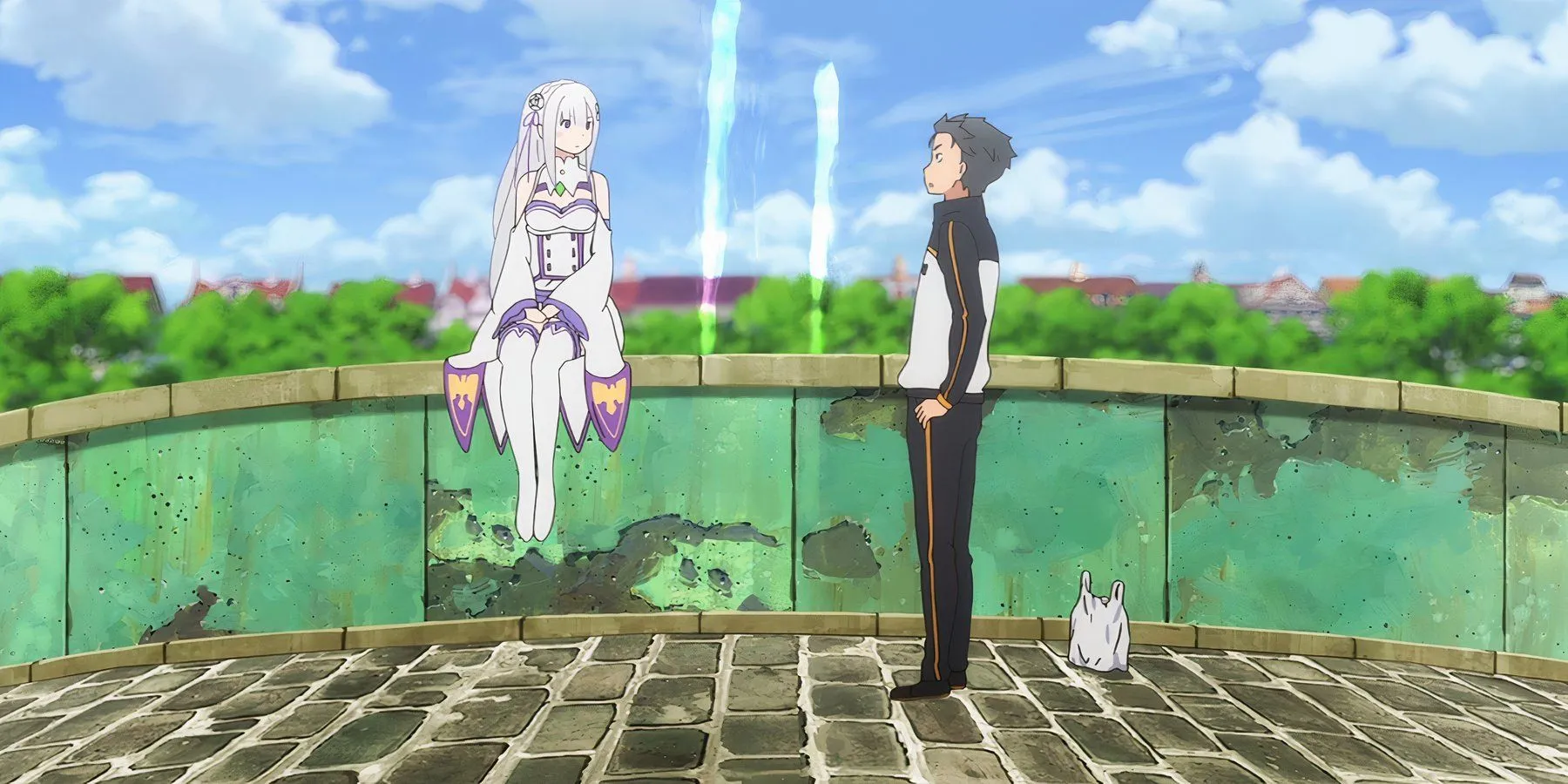
Similarly designed to be intentionally frustrating, Subaru from Re:Zero presents a more relatable depiction of irritation than his peers. His character grapples with the unique burden of dying to reset events, causing his frustrating behavior to stem from genuine emotional strain.
In a world filled with unforeseen consequences, Subaru’s impulsive decisions often exacerbate dilemmas rather than alleviate them. Despite his naivety, his complexity and resultant growth, especially after Season 1, create a compelling narrative centered around psychological development.
4. Kirito – Sword Art Online
A Marty Stu in a Hero’s Role
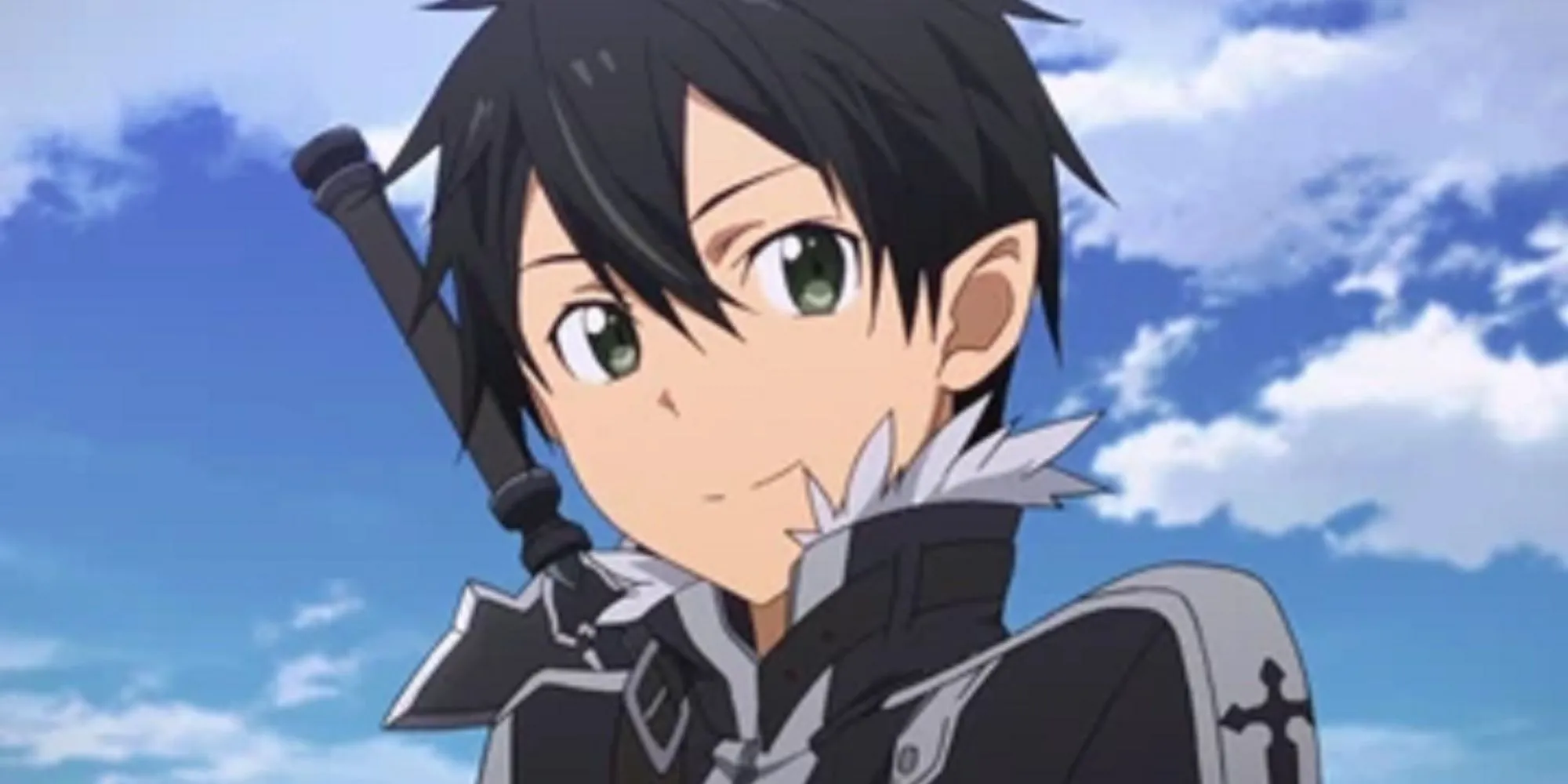
Sword Art Online is credited with popularizing isekai, yet Kirito’s portrayal as a nearly invincible protagonist often leads to viewer fatigue. His overwhelming power level, lacking the narrative tension that comes from real struggle, can make him feel like a bland character, defined more by a cliché heroism than genuine development.
Critics have described him as a male Mary Sue or Marty Stu due to the convenience of his plot armor. While he may inspire some admirers, the same traits that initially attracted audiences keep them disengaged as the series continues, as his measures to assert himself often come off as forced.
5. Ainz Ooal Gown – Overlord
Struggling with Morality
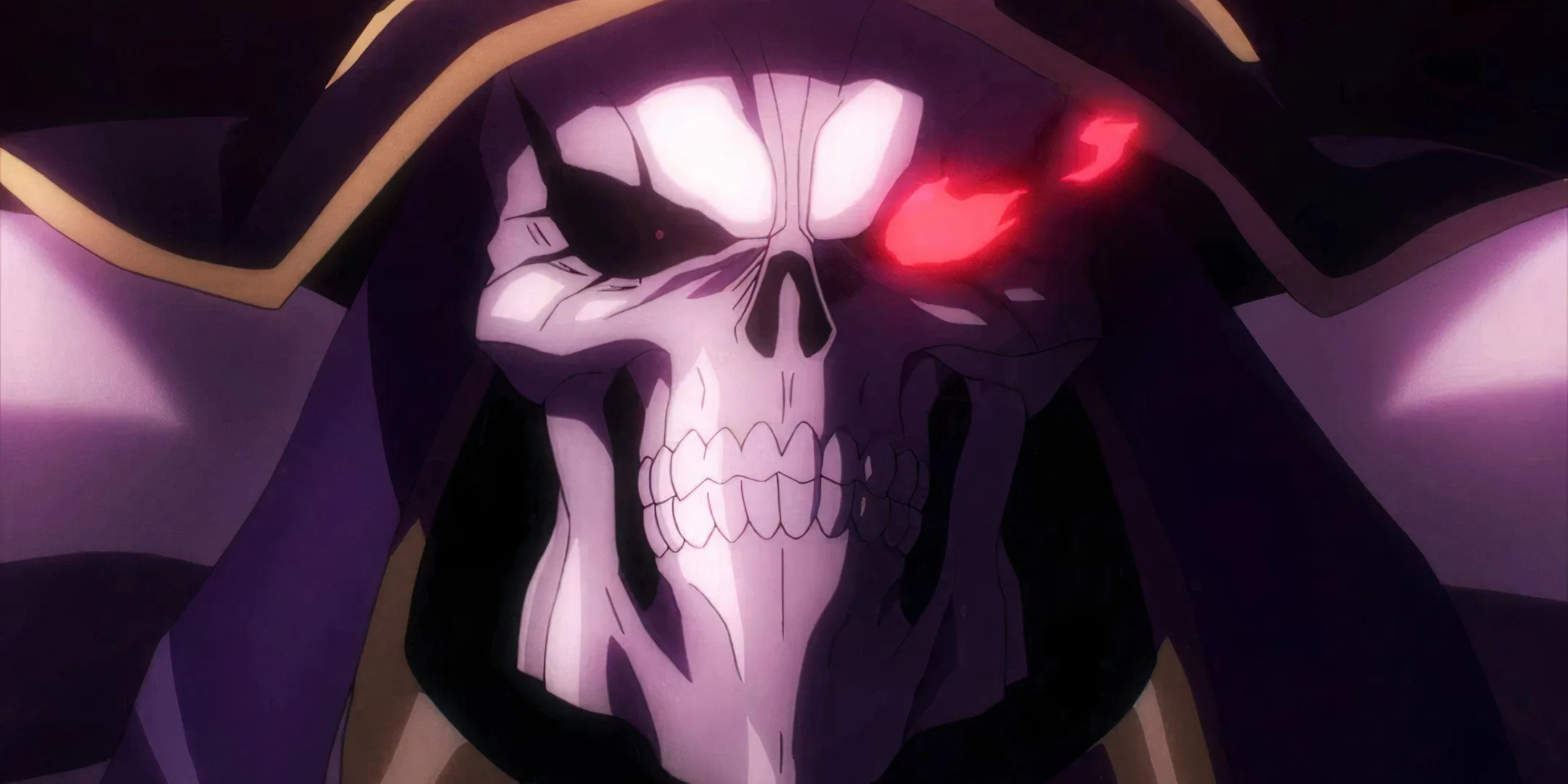
Ainz Ooal Gown begins as a classic isekai figure—powerful and generally good-natured—but as the series progresses, he makes increasing morally ambiguous choices leading him toward villainy. Watching Ainz’s transformation into a morally complex character can be frustrating, especially as his actions often result from miscommunication and misunderstanding, which feels avoidable.
As Ainz commits heinous acts, including mass killings due to his evolving character arc, fans may find frustration in witnessing a once sympathetic character become a figure of evil and despair.
6. Rudeus Greyrat – Mushoku Tensei: Jobless Reincarnation
A Troubling Flaw in a Determined Character
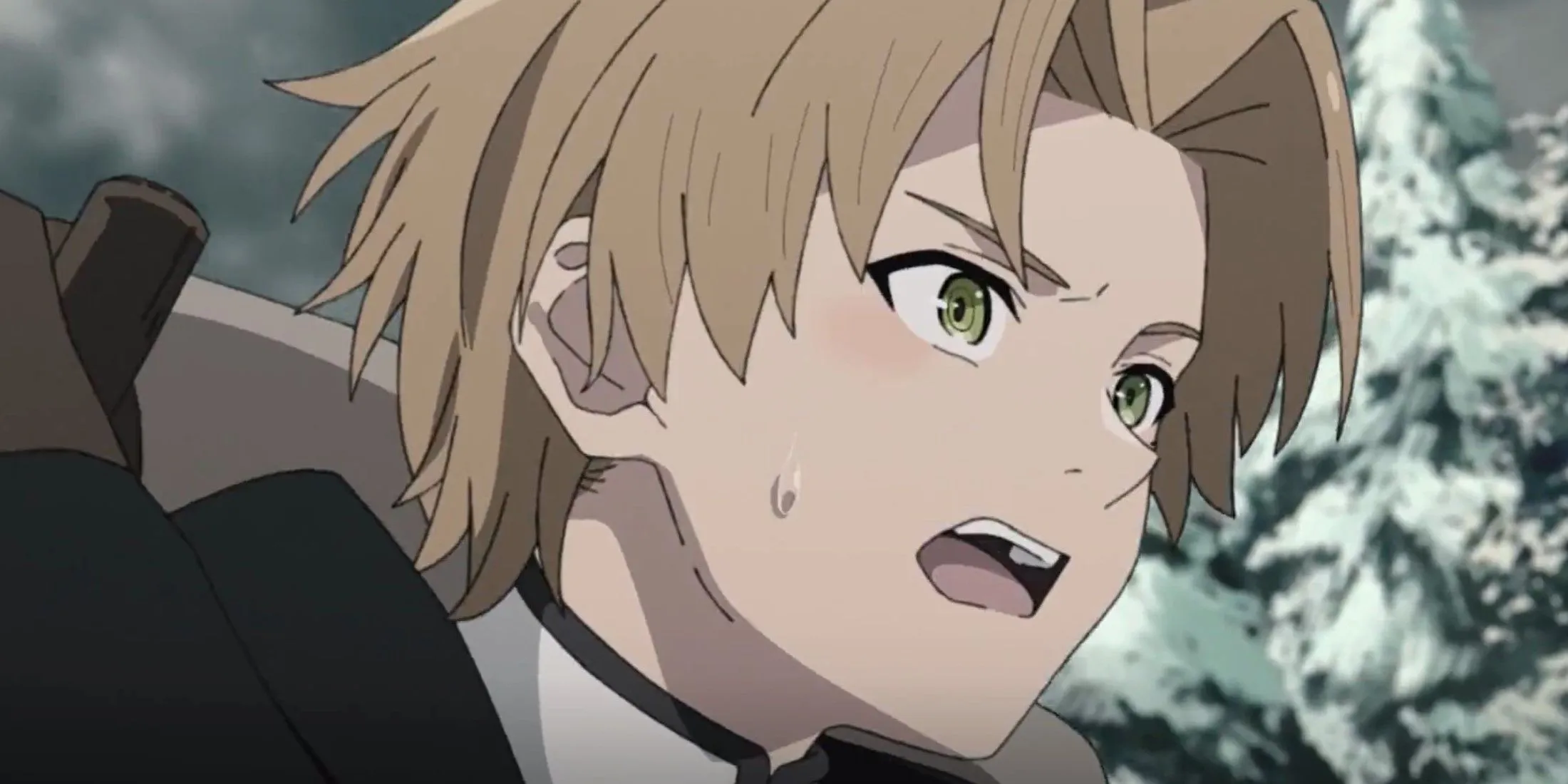
In an infamous twist, Rudeus Greyrat is a polarizing figure for his inappropriate attraction to young characters, often overshadowing his growth and determination. Although he finds himself reborn and embarks on a new life with a chance at redemption, his behavior remains frustratingly lascivious.
Despite Rudeus’s redeemable traits, such as intelligence and loyalty, his struggle with perversion detracts from the series’ overall enjoyment, as he often relapses into this character flaw—contradicting the positive development he aims to achieve.
7. Naofumi Iwatani – The Rising Of The Shield Hero
Cynicism Rooted in Betrayal
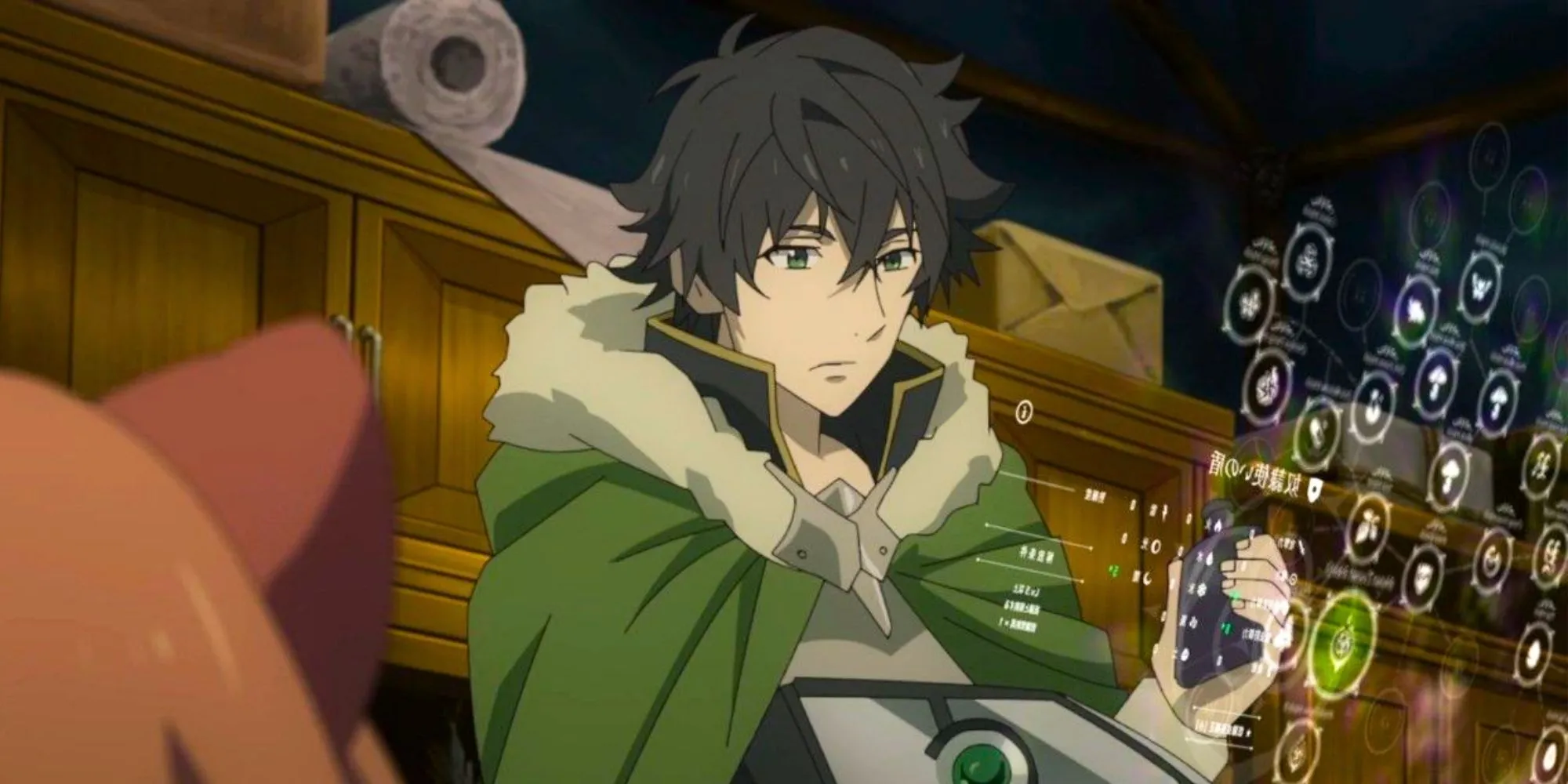
In The Rising Of The Shield Hero, Naofumi Iwatani’s character arc is steeped in controversy, especially after being falsely accused of a crime that leads him to become bitter and mistrustful. Although his cynicism is understandable, his frequent harsh treatment of allies can be frustrating for viewers, particularly his initial interactions with Raphtalia.
Naofumi’s journey from disapproval to reconciliation occurs slowly, illustrating a beautiful yet frustrating learning curve about trust and teamwork, as it takes significant time for him to accept and value those around him.
8. Cid Kagenou – The Eminence In Shadow
A Comedic Yet Frustrating Persona
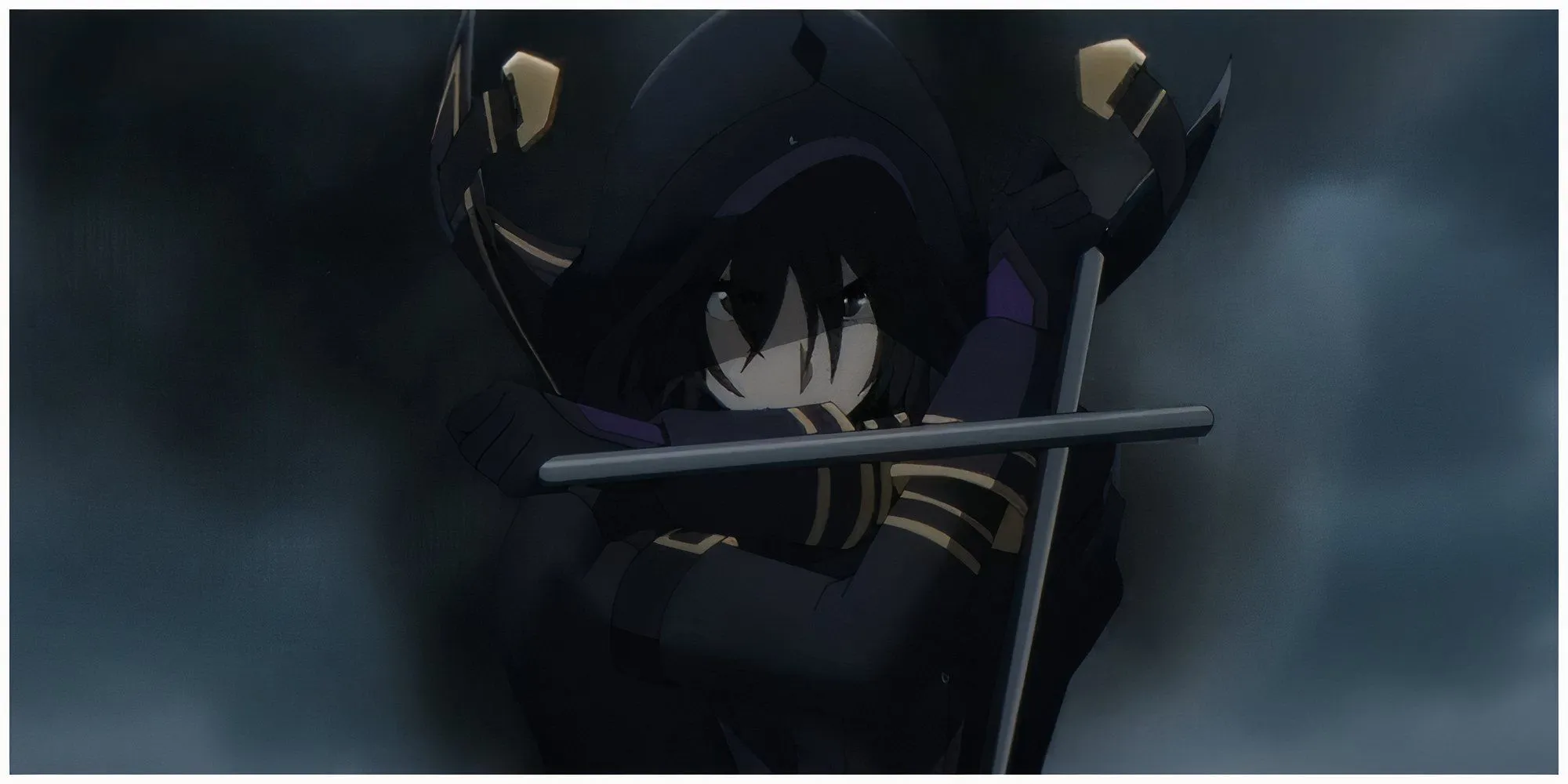
In The Eminence In Shadow, Cid Kagenou embodies the trope of a character designed purely for comedic frustration. As he delves into the role of a leader with over-the-top abilities, he often comes across as delusional and self-absorbed, making it hard for viewers to connect with him.
While these elements can deliver comedic relief, Cid’s lack of emotional depth leads to repeated frustrations regarding his interactions and decisions. His negligent self-awareness and relentless ambition may entertain some, yet for others, they may exemplify an irksome character lacking real growth.




Leave a Reply